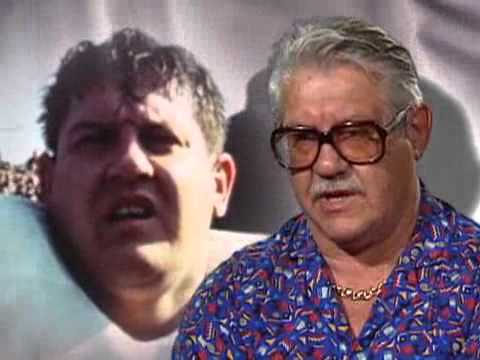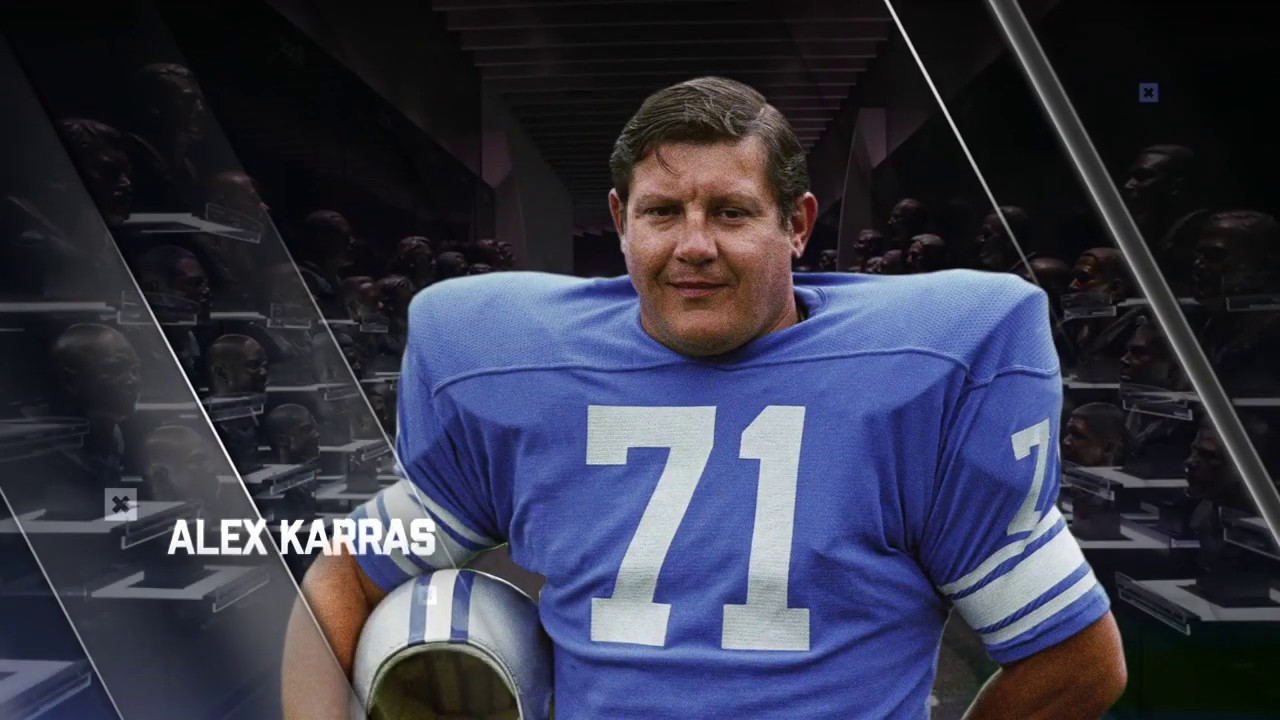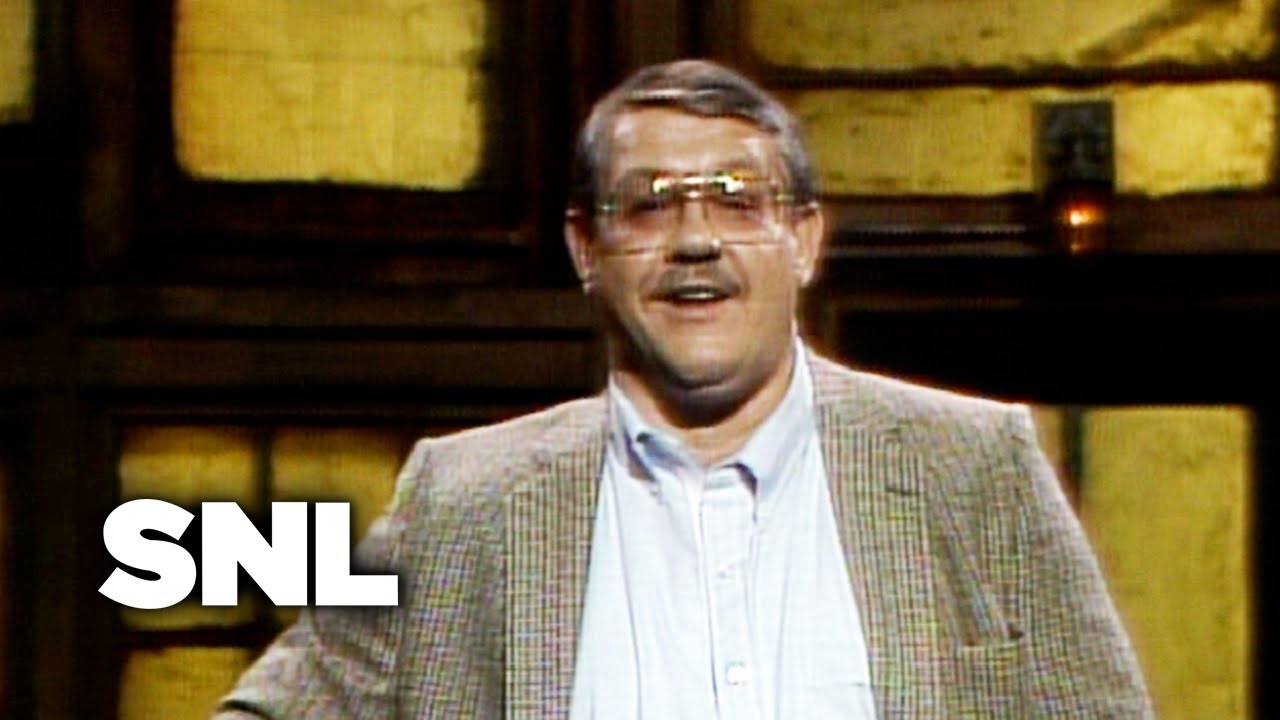
Alex Karras The Fearsome Nfl Star And Beloved Actor
Alex Karras is not just a name in sports history—he’s a titan who left a profound imprint on both the NFL and Hollywood. Known for his fierce style of play as a defensive tackle and his warm-hearted roles on television, Karras embodied the duality of toughness and tenderness. His journey, marked by ups and downs, showcases how an athlete can transcend his sport to become a cultural icon. Here, we delve into 7 defining moments that showcase the remarkable life of Alex Karras.
7 Defining Moments in the Life of Alex Karras
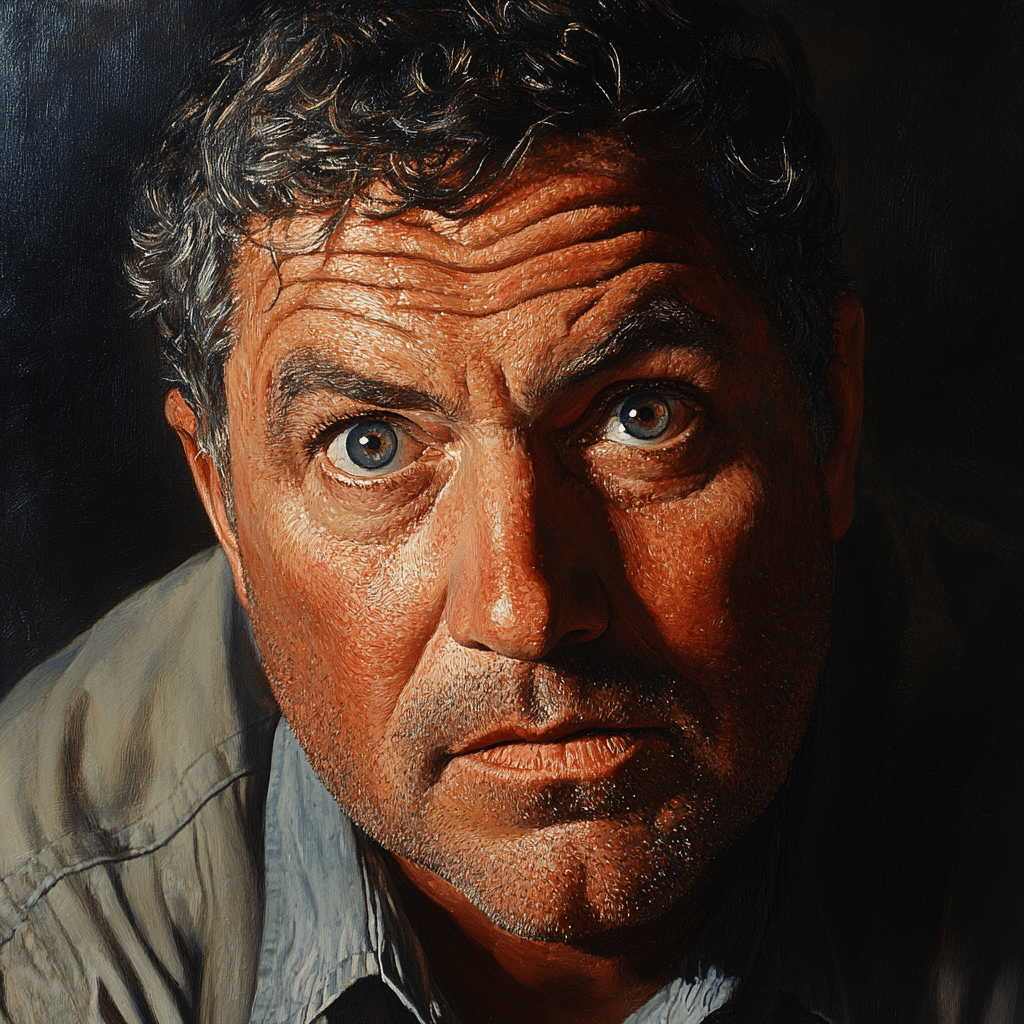
1. Rising Star in Professional Football
Karras was drafted by the Detroit Lions in 1958, marking the start of a formidable career. Among the NFL’s most bruising linemen of the 1960s, he made a name for himself through sheer grit and determination. With four Pro Bowl selections to his name, Alex Karras personified the Pride of the Detroit Lions. The roar of the crowd seemed to echo his every tackle, laying the groundwork for a legacy that would extend beyond football.
2. Infamous Suspension
In 1963, Karras faced a major turning point when he was suspended for betting on NFL games. This incident was seismic, not only threatening his career but also raising essential discussions about gambling’s influence on the integrity of sports. The ripple effects of this scandal were felt throughout the league, prompting debates that resonate in today’s conversations around player ethics and honesty. Ironically, Karras’s resilience through this challenge added another layer to his complex identity both on and off the field.
3. Transition to Acting
After retiring in 1970, Karras effortlessly segued into the acting realm. His role as George Papadopolis in the beloved television series “Webster” showcased a different shade of his personality—a kind-hearted father figure who issues wisdom with a dash of humor. He managed to blend his tough-guy image with a warm demeanor that captured audience hearts. The show not only amplified his celebrity status but also served as a stepping stone for future athlete-turned-actors.
4. Crossover Appeal: Sports and Entertainment
Karras was more than just an athlete; he was a pioneer among sports figures crossing into Hollywood. Following in the footsteps of other sports icons, such as Joe Namath and Bruce Jenner, he demonstrated that athletes could be more than just competitors. Artists like Dwayne Johnson and LeBron James owe part of their success to the path laid by Karras, showing that the transition from field to film was indeed plausible. It’s a fascinating reminder that stars in one arena can shine in another.
5. Author and Advocate
Beyond his roles on screen, Karras penned multiple books that revealed the layers of his life, notably “Even Big Guys Cry.” This candid narrative gave insight into his struggles and triumphs, peeling back the tough exterior that so many admired. Additionally, he became a vocal advocate for pressing issues such as mental health and Alzheimer’s awareness, turning his celebrity status into a force for good. Through advocacy, Karras showed that vulnerability can be just as powerful as strength.
6. Legacy in Alzheimer’s Awareness
After his own diagnosis in 2011, Karras transformed into a passionate advocate for Alzheimer’s research. His openness about living with the disease raised significant awareness, shedding light on an issue that affects many. The conversations he sparked highlighted the long-term impacts of concussion-related injuries—an issue profoundly relevant to many athletes. Karras’s bravery in discussing his struggle paved the way for others, fostering understanding and empathy towards those with similar challenges.
7. Cultural Icon
Karras carved an unforgettable niche in pop culture that extends from his memorable talk show appearances to his work in video games. Whether it was his iconic line in “MAS*H” or his playful demeanor on late-night shows, he captured hearts and minds. This crossover appeal, compounded by his imposing NFL presence, solidified his status as a cultural icon—an individual whose influence resonated across multiple generations.
Alex Karras: The Intersection of Sports and Cinema
Karras’s unique trajectory exemplifies the dynamic interplay between sports and film. His journey from a ghastly lineman to a charming television star highlights the evolution of celebrity culture in American society. Karras embodies the emerging trend of athletes becoming entertainers, reshaping the way we perceive celebrity and its multitude of facets.
As one examines Karras’s life, it’s clear that his transition was about more than just personal ambition—it reflected the broader societal shifts happening during his career. In a world intrigued by the multifaceted nature of fame, Karras epitomized the seamless blending of two seemingly divergent realms, paving the way for future generations.

Enduring Influence on Future Generations
The legacy that Alex Karras left behind pulses through both sports and film, acting as a beacon for young athletes exploring potential avenues beyond their primary careers. He inspires aspiring stars to think beyond the uniform and embrace their passions—whether that be acting, writing, or advocacy.
Youth in sports today often grapple with questions of identity, and Karras’s journey serves as a rich source of inspiration. Among his many legacies, he reminds new generations that their greatest accomplishments don’t always need to revolve around trophies or awards, showcasing the immense possibilities that lie beyond the field of play.
As we reflect on the life of Alex Karras, let’s celebrate not only his monumental achievements in football and film but also the human connections he forged along the way. By understanding his influence, we gain insight into the evolving narrative of an athlete’s life—and how it continues to inspire everyone seeking to build a legacy beyond their immediate victories. Karras’s story truly exemplifies the importance of transcending boundaries and embracing the myriad ways we can contribute to culture.
In the end, his journey tells us that every encounter, every challenge faced, and every triumph—whether on a playing field or in front of a camera—adds color and rigor to the story of who we are. So here’s to Alex Karras, a legend whose life resonates with athletes and entertainers alike and whose legacy proves that the most formidable players can also be the most beloved.
For those wanting to celebrate further, why not check out the heartwarming Something About Her sandwich shop, which reflects how culinary creations sometimes echo the connection we find through sports and cinema? And as always, keep an eye on the latest industry trends, like how home loan Refi rates are shaping financial opportunities for many today. Exciting times ahead, friends!
For engaging wallpapers, check out our selection of stunning Luffy wallpaper or if you prefer catching the latest films, don’t miss the Arundel Mills Movies and Roseburg cinema experience. And for something special, keep in mind the rising star, Dean Scott vazquez, who’s charting his path in both film and television.
Alex Karras: The Fearsome NFL Star and Beloved Actor
A Dual Career: From Gridiron to Hollywood
Alex Karras truly led a life worth applauding, dazzling fans both as a formidable NFL star and a cherished actor. After being drafted in 1958 by the Detroit Lions, Karras quickly made a name for himself on the football field, famed for his tough playing style and fearless tackles. He was such a force that even after his retirement from football, he had no trouble transitioning to the silver screen. His role in the classic 1980s sitcom “Webster” endeared him to a whole new generation, showcasing his charm beyond the gridiron.
Fascinatingly, Karras wasn’t just another former athlete making the jump to acting. He bagged a notable role in the classic film “Blazing Saddles,” where he played the iconic Mongo— a character so unforgettable that it’s often quoted in pop culture. It turns out that Karras’s portrayal drew inspiration from his own majestic presence; he embodied the physicality and humor that keep viewers chuckling even decades later. For anyone intrigued by the lives of sports legends who switched gears, this dual career path is definitely a source of inspiration.
Trivia Tidbits: Did You Know?
Here’s a fun tidbit: before stepping into the limelight, Alex Karras was a successful wrestler during his college days at the University of Iowa. His athletic prowess made transitioning to football a seamless endeavor, though his unstoppable spirit also made him a standout in the funky world of professional wrestling. According to various accounts, his wrestling matches were wild affairs, much like the tackles he made on the football field. Speaking of wild encounters, Karras even had a non-traditional experience filling a unique role in the movie “It”—and yes, we’re referring to the adaptation that had us all sleeping with one eye open! You can check out more on the cast’s adventures here.
Now, let’s pivot slightly. Did you know that Karras was also involved in constructing sports complexes? He once opened up three gas stations in his later career, even including one in partnership with Costco, turning this beloved athlete into a business-savvy brain. The Costco gas station collaboration is a testament to how Karras managed to remain a powerhouse in many fields, solidifying his legacy far beyond the sports arena.
Alex Karras was genuinely a force of nature, an extraordinary guy who transcended the traditional expectations of athletes. By embracing both sports and acting, he showed us that passion knows no bounds. As you reflect on his remarkable journey, it’s evident that his legacy is woven into the fabric of American pop culture, inspiring many to pursue their dreams, regardless of the field.
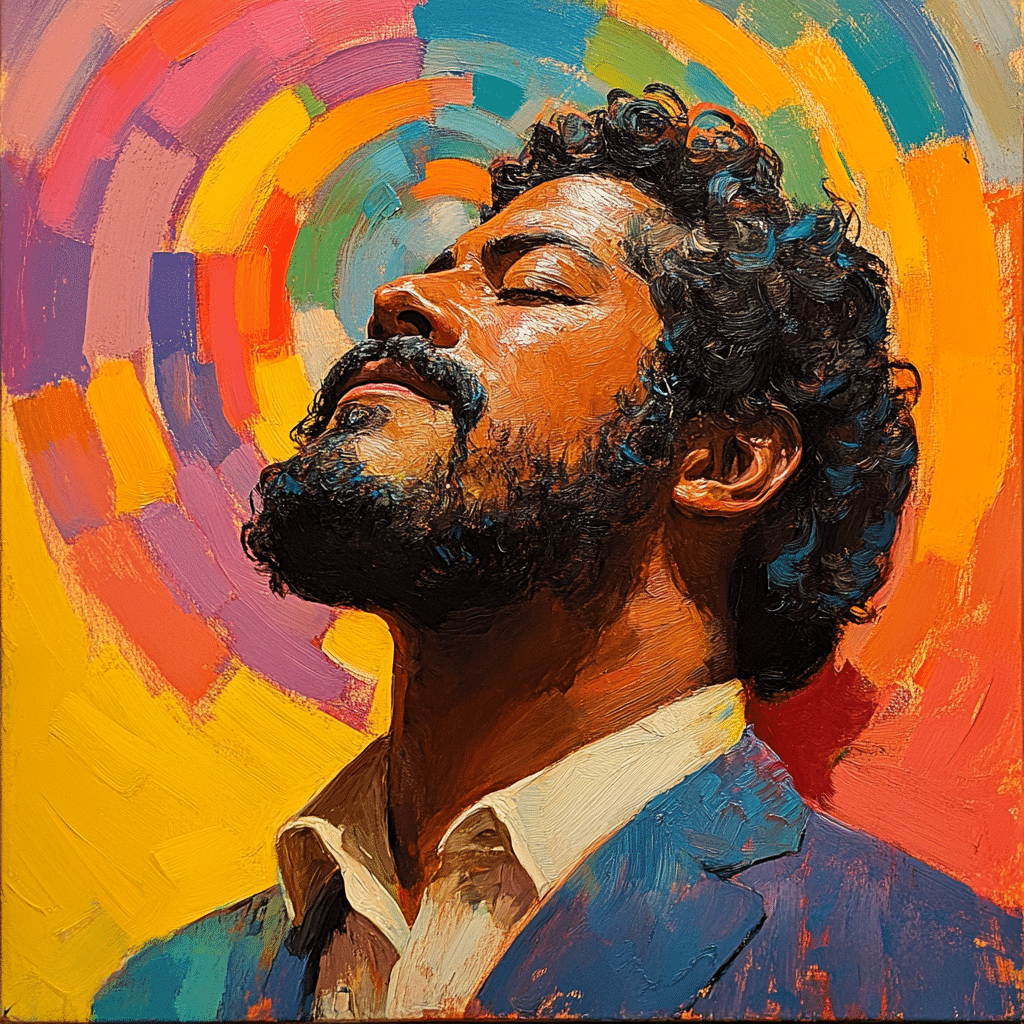
What team did Alex Karras play for in the NFL?
Alex Karras played his entire NFL career with the Detroit Lions, becoming one of the most notable linemen of his era.
Was Alex Karras on Mash?
Yes, Alex Karras appeared in the TV show M*A*S*H, where he played Lyle, a Marine who was saved by Hawkeye Pierce.
Is Karras on the Patriots related to Alex Karras?
There’s a Karras on the New England Patriots, but he’s not directly related to Alex Karras; he’s part of a different branch of the Karras family.
Did Alex Karras win a Super Bowl?
No, Alex Karras never won a Super Bowl during his career. The Lions were competitive but couldn’t clinch the championship while he played.
How good was Alex Karras?
Alex Karras was highly regarded as a skillful defensive tackle. He was a four-time Pro Bowler, so he was definitely one of the top players of his time.
How big was Alex Karras when he played football?
Karras was a big guy, standing about 6 feet 2 inches tall and weighing around 250 pounds during his playing days.
Does Alex Karras have a son that plays football?
Yes, Alex Karras has a son, Ted Karras III, who is also a football player and has played in the NFL.
Who was the blonde lady in MASH?
The blonde lady in M*A*S*H is typically associated with Major Margaret “Hot Lips” Houlihan, played by Loretta Swit.
Who was the secret agent on MASH?
The secret agent character on M*A*S*H was actually a disguise used by Hawkeye and Trapper in the episode titled “The General’s Practitioner,” not a regular character.
How did Susan Clark and Alex Karras meet?
Susan Clark and Alex Karras met while filming the TV movie “Butch Cassidy and the Sundance Kid,” and their connection developed from there.
Who is 65 on the Bengals?
Number 65 on the Cincinnati Bengals is the offensive lineman Ted Karras III, who’s got family ties, but he’s not the same Alex Karras.
Are there any Greek players in the NFL?
There have been several Greek players in the NFL over the years, and while they’re not extremely common, they do exist.
Who went to 3 Super Bowls in a row?
The New England Patriots famously went to three Super Bowls in a row from 2001 to 2003, featuring Tom Brady as quarterback.
Who was the football player in the mash episode?
The football player in the M*A*S*H episode is Alex Karras, who played a Marine that was part of the story.
How did Alex Karras get into acting?
Alex Karras got into acting after retiring from football, starting with minor roles, which eventually led to his iconic performances in film and television.





